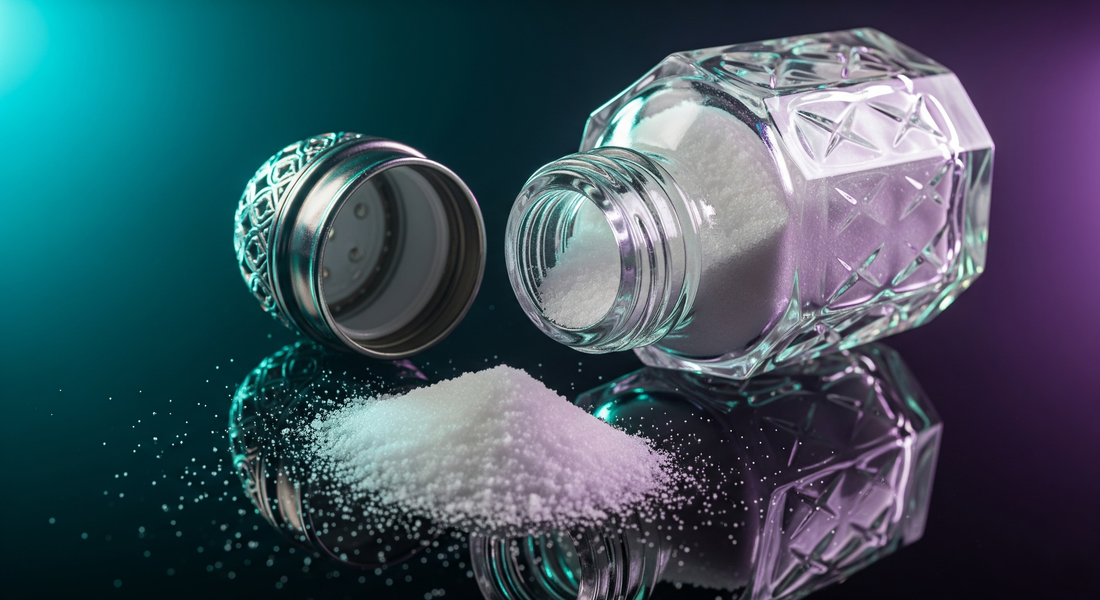
Is Your Daily Sodium Intake Slowly Damaging Your Heart and Kidneys?
Sodium is essential for bodily functions, but excessive consumption can strain both the heart and kidneys. High sodium levels lead to fluid retention, increased blood pressure, and heightened risk of chronic disease.
How Sodium Affects Your Heart and Kidneys
Excess sodium forces the body to retain water, increasing blood volume and placing additional pressure on the cardiovascular system. Over time, this can contribute to hypertension, heart failure, and kidney dysfunction. Individuals with diabetes or preexisting kidney disease are particularly vulnerable.
Hidden Sources of Sodium
Processed and packaged foods are major contributors to high sodium intake. Canned soups, deli meats, frozen meals, and snack foods often contain significant hidden sodium. Even foods perceived as healthy may contribute more than expected.
Steps to Reduce Sodium Intake
- Read labels: Check sodium content per serving.
- Cook fresh meals: Use herbs and spices instead of salt for flavor.
- Limit processed foods: Reduce reliance on packaged and fast foods.
- Monitor daily intake: Aim for the recommended 1,500–2,300 mg per day, unless otherwise directed by a physician.
Managing sodium intake is a simple yet effective way to protect heart and kidney health. Small, consistent changes in diet can improve blood pressure, reduce fluid retention, and lower the risk of chronic kidney disease.
